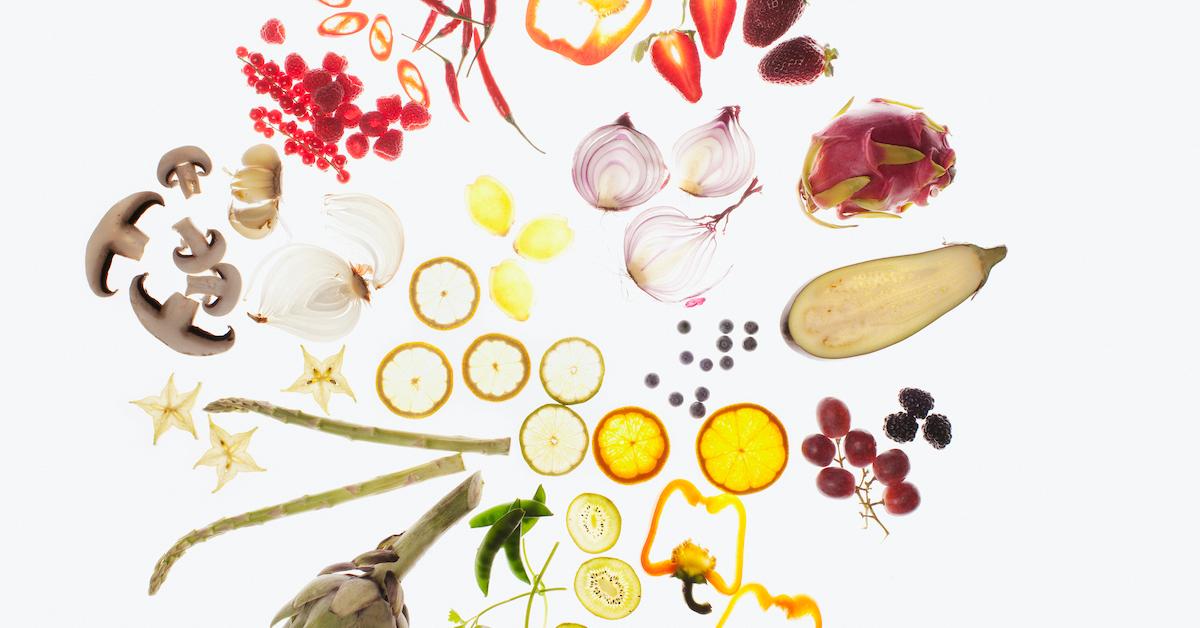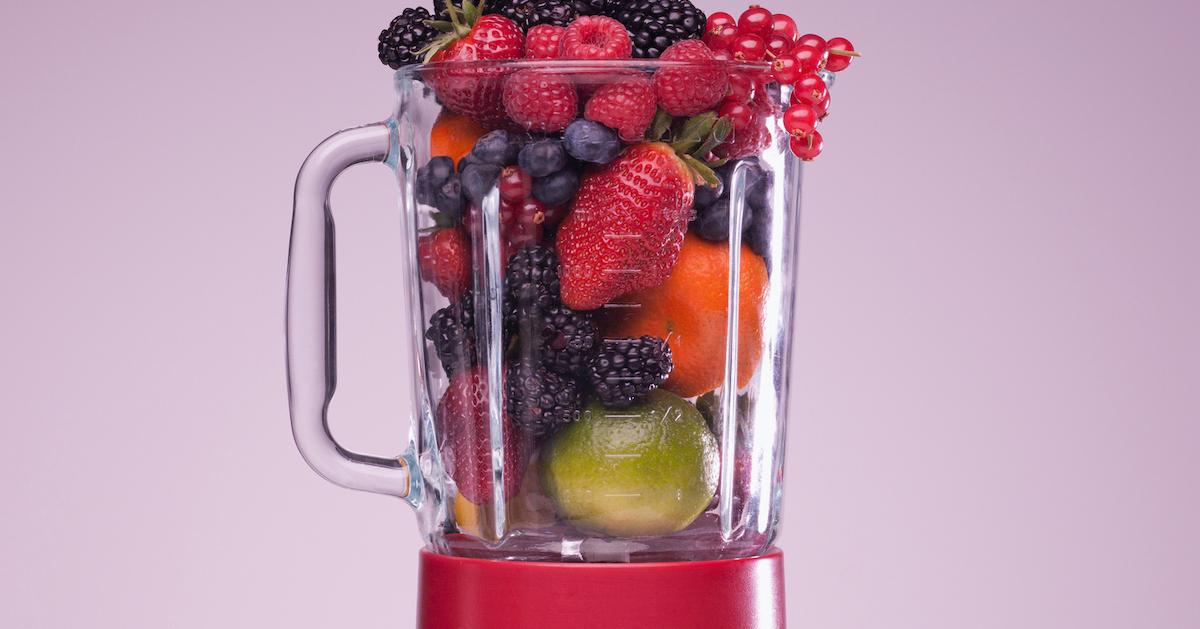Organic Protein Powder vs. Non-Organic — Which Should You Opt For?
Published Jan. 6 2021, 5:11 p.m. ET

The term “organic” may simply sound like a buzzword, but it has some pretty stringent requirements — anything donning the exclusive label must be produced without any chemical or synthetic fertilizers, pesticides, herbicides, insecticides, and fungicides. But, even still, how are you supposed to know which foods you should always try eating organic, and for which it’s OK to skip the organic label?
Non-organic simply delineates a crop or animal product that has been grown using pesticides, antibiotics, or artificial growth hormones. Now, when it comes to the Dirty Dozen and Clean Fifteen, we know that it’s okay to eat some “conventional” foods – ie. non-organic – while others are so highly treated with pesticides, that it’s better to always stick to organic. But where does protein powder fall into the mix?

What is organic?
Food labeled “organic” has to hit several rigorous requirements. To be labeled organic, an organism has to have been produced without any chemicals or synthetics. These include fertilizers, pesticides, herbicides, insecticides, and fungicides. So, a tomato that was sprayed with herbicide cannot be organic, but also, a cow that hasn’t been fed organic feed cannot make organic milk.
The opposite of organic food is non-organic food, which is also referred to as conventional. These foods have been treated with either genetically modified organisms, fertilizers pesticides, or some other types of chemicals and synthetics.

Is organic protein powder good for you?
When checking out our Dirty Dozen and Clean Fifteen list for 2020, you won't find “protein powder” anywhere. However, protein powder can be comprised of different protein sources, which may be considered either “clean” or “dirty.” Protein sources can include many plant-based proteins, such as: hemp, peas, potatoes, soybeans, and rice; or from animal byproducts, including: eggs, milk, casein, and whey.
Organic protein powder is made with certifiably organic ingredients. If it's made from a whey base, that means the whey was not treated with chemical or synthetic fertilizers or pesticides. Since whey is a protein that comes from the unwanted scraps of milk and cheese, this would mean that the cow that made the milk or cheese was certified organic.
Eating organic means that you can rest assured knowing how your food was made and processed. Since conventional foods do not have to meet the rigorous standards of organic food, you have less information about how your food was grown, treated, and what was used to treat it. As a result, you could be eating food that has been treated with fertilizers, pesticides, and other harmful chemicals.

Is organic protein powder good for weight loss?
Many turn to protein powders to help with weight loss and other fitness benefits when consumed after a workout. It may help manage weight, while building and repairing muscles, especially after exercise. It can also promote protein synthesis, which means helps cells regenerate, promote production of hormones, enzymes, and other chemicals, reduce blood pressure, reduce cholesterol, and overall, add nutritional value.
However, not all protein powders are created equal — as per Harvard Health Publishing, some contain hidden ingredients that can actually cause weight gain, such as: sugar, hidden calories, and even toxic chemicals. In a study from Clean Label Project, 134 products were screened for 130 types of toxins, and many contained lead, arsenic, cadmium, mercury, pesticides, and other harmful contaminants.

Is organic protein powder safe during pregnancy?
Consuming certain organic protein powders during pregnancy is safe, while others aren't. If you are pregnant and searching for an organic protein powder, make sure organic protein powder you choose does not contain any added sugar, as it can be difficult to balance blood sugar while pregnant.
It's also important to avoid any powders that contain adaptogenic herbs during pregnancy, as little research has been done regarding its effects on an unborn chlid. Overall, while pregnant and looking for an organic protein powder, you’ll want to search for something fermented, that is made from 100 percent food ingredients.